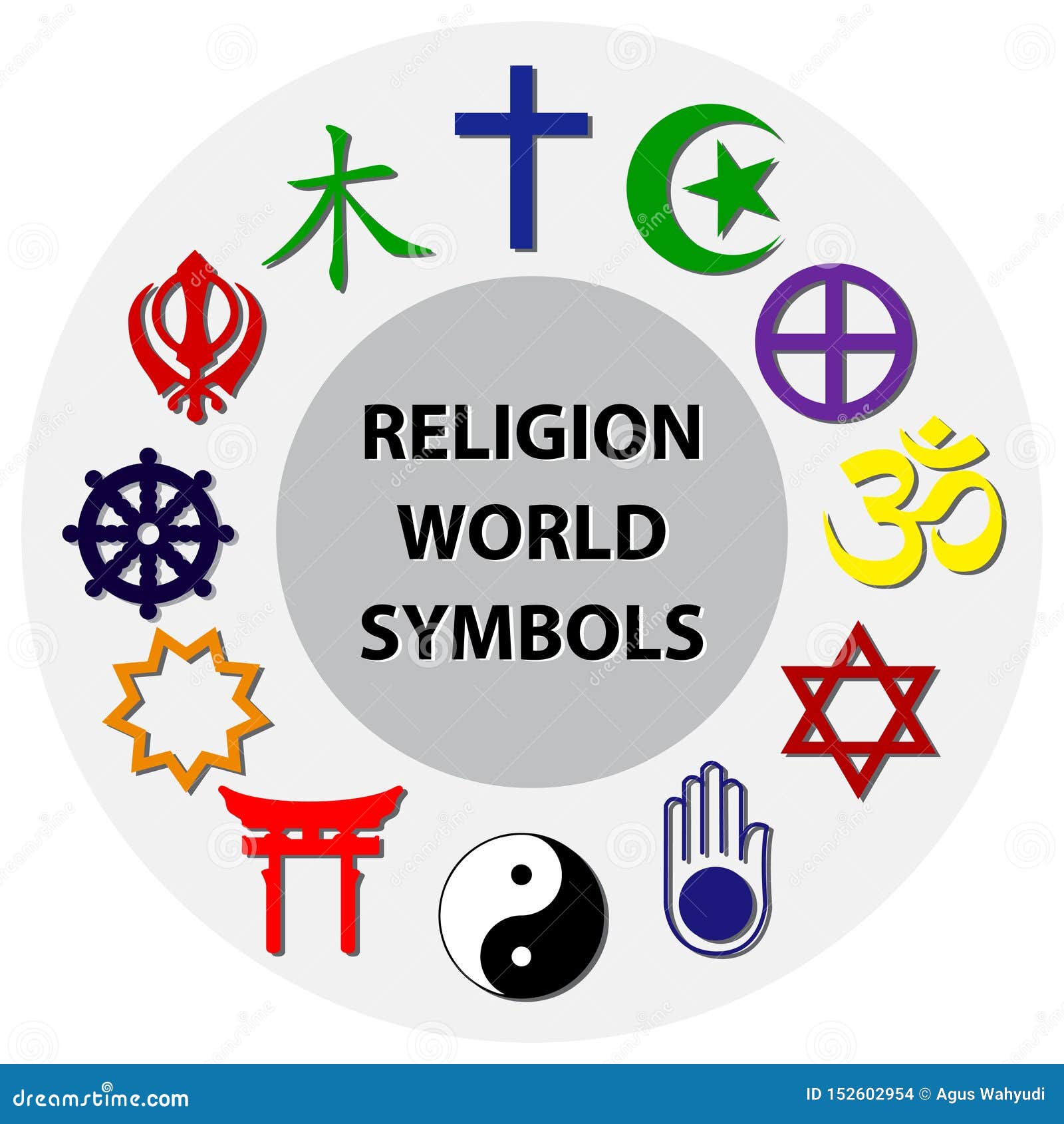What Religion Is Cat Stevens Now? Unpacking A Musical And Spiritual Journey
The question of what religion Cat Stevens is now often sparks curiosity among music lovers and those interested in personal transformations. It is a story that goes beyond just changing a name; it speaks to a deep, personal quest for meaning. For many, his music from the 1970s holds a special place, and his later spiritual path, which is that of Islam, has, in a way, fascinated many. His journey truly shows how deeply belief can shape someone's entire way of life, something that is, you know, quite remarkable to observe.
Religion, as a concept, has played a profound and enduring role in shaping the fabric of human societies throughout history, as my text points out. Its influence extends across cultural, ethical, and political dimensions, moulding the collective consciousness of communities and individuals. As societies evolve, so too does the intricate relationship between religion and the various facets of contemporary life. This makes understanding personal religious choices, like that of Cat Stevens, quite a compelling topic for many.
The term "religion" itself can be defined in several ways, and my text highlights some common understandings. It can be seen as a set of beliefs that define a person's relationship with the sacred, a recognition by the human being of a superior principle or being, which some might call God. It is, in some respects, often a central part of one's identity. The word "religion" actually comes from a Latin word that means "to tie or bind together," suggesting a connection, a bond, and a belonging. This idea of connection, you know, is very much at the heart of what many seek in their spiritual paths.
- Tom Hardy As Bane
- Jk Simmons J Jonah Jameson Quotes
- Net Worth Todd Chrisley
- Bernadette Stanis Net Worth
- Al Pacino Jamie Foxx
Table of Contents
- Cat Stevens: A Life in Music and Faith
- The Spiritual Awakening and Conversion
- Understanding Islam: The Faith He Embraced
- Life as Yusuf Islam: Music and Advocacy
- Reflecting on a Journey of Belief
- Frequently Asked Questions
Cat Stevens: A Life in Music and Faith
Steven Demetre Georgiou, known to the world as Cat Stevens, rose to fame as a singer-songwriter in the late 1960s and early 1970s. His music, characterized by thoughtful lyrics and melodic tunes, resonated with millions across the globe. Songs like "Wild World," "Peace Train," and "Father and Son" became anthems for a generation seeking meaning and connection. His early life, like many artists, was marked by exploration and, you know, a quest for expression, often through his creative work.
During his peak musical period, Cat Stevens was a global sensation, touring extensively and releasing a string of highly successful albums. Yet, beneath the surface of his fame and fortune, there was, it seems, a deeper longing. This period, very much a time of intense public attention, also saw him grapple with personal health challenges and a growing sense of spiritual inquiry. It was during this time that he began to look for something more profound than worldly success, something that would, perhaps, provide a lasting sense of peace.
His search for meaning eventually led him away from the spotlight and towards a different path, one that would redefine his identity. This shift was not sudden; it was, in some respects, a gradual process of discovery and contemplation. He sought answers to life's big questions, questions that, in a way, many people ask themselves at some point. This personal journey, which is that of a spiritual kind, would ultimately lead him to embrace a new faith and, you know, a new name.
- Woody Harrelson And Matthew Mcconaughey
- Clint Eastwood El Camino
- Cassie Ventura Net Worth 2025
- Bryan Cranston Age In Breaking Bad
- Hilarie Burton Net Worth
Personal Details and Bio Data
| Full Birth Name | Steven Demetre Georgiou |
| Born | July 21, 1948 |
| Birthplace | Marylebone, London, England |
| Current Name | Yusuf Islam |
| Known For | Singer-songwriter, musician, educator, philanthropist |
| Years Active (as Cat Stevens) | 1966–1978 |
| Years Active (as Yusuf Islam/Yusuf) | 1995–present (with various breaks) |
| Current Religion | Islam |
The Spiritual Awakening and Conversion
The turning point in Cat Stevens' life came in the late 1970s, following a near-death experience in Malibu, California, where he almost drowned. This incident, it is said, prompted a profound reflection on the fragility of life and the search for ultimate purpose. He began to explore different spiritual traditions, seeking answers that his music career, for all its success, couldn't provide. This moment, very much a life-altering one, set him on a new trajectory.
His brother, David Gordon, gave him a copy of the Qur'an, the holy book of Islam. As Cat Stevens read the text, he found himself drawn to its teachings. The clarity and directness of the message, which is that of monotheism and submission to one God, resonated deeply with him. He felt, in a way, that he had found the missing piece of his spiritual puzzle. This period of reading and contemplation was, you know, a very personal and transformative time for him.
In 1977, after much study and reflection, Cat Stevens formally converted to Islam, adopting the name Yusuf Islam. This decision marked a significant departure from his public persona and, in some respects, from the music industry itself. He chose to step away from his music career for nearly two decades, dedicating himself to his new faith and community. This was, arguably, a very brave and personal choice, one that showed his deep commitment.
Understanding Islam: The Faith He Embraced
Islam, as my text describes, is a major world religion that emphasizes monotheism, the unity of God, known as 'Allah' in Arabic. It teaches that Muhammad is God's final messenger in a series of revelations. The Qur'an, which is considered the literal word of God, makes known the will of God, to which humans must surrender. This act of surrender is, in fact, where the name Islam comes from, meaning 'surrender' or 'submission' to God.
This faith, very much centered on the concept of one transcendent God, shares common ground with other monotheistic religions like Judaism. My text notes that Judaism is also a monotheistic religion developed among the ancient Hebrews, characterized by a belief in one transcendent God who revealed himself to Abraham, Moses, and the Hebrew prophets. It also involves a religious life in accordance with scriptures and rabbinic traditions. So, there is, you know, a shared heritage of belief in one divine being.
Islam provides a comprehensive way of life, covering aspects from personal conduct to societal norms. It offers a framework for living that, in a way, guides its followers in all dimensions of their existence. For Yusuf Islam, embracing this faith meant a complete reorientation of his life, prioritizing spiritual growth and community service over the pursuits of fame and fortune. It was, quite simply, a profound shift in his entire outlook.
Life as Yusuf Islam: Music and Advocacy
After his conversion, Yusuf Islam largely withdrew from the mainstream music scene. He dedicated his efforts to educational and philanthropic causes within the Muslim community. He established Muslim schools in London and became a prominent voice for peace and understanding, often speaking out against extremism. This period of his life was, you know, focused on building and contributing in new ways, very much aligned with his newfound beliefs.
However, the call of music, it seems, was not entirely silenced. After nearly two decades, Yusuf Islam began to tentatively return to music, releasing new material that reflected his spiritual journey and current perspectives. His music now often incorporates themes of peace, faith, and social justice, carrying a message that is, in a way, both personal and universal. He has, very much, found a way to blend his artistic expression with his spiritual convictions.
His return to music has allowed him to connect with both his original fanbase and new listeners, sharing his evolving story through his art. He performs under the name Yusuf, or Yusuf/Cat Stevens, acknowledging both parts of his identity. This continued artistic output is, arguably, a testament to the enduring power of music as a form of communication and, you know, a way to share one's deepest thoughts. He uses his platform to promote dialogue and understanding, which is, in some respects, very important in today's world.
Reflecting on a Journey of Belief
The story of Cat Stevens' conversion to Islam and his life as Yusuf Islam is a powerful example of a personal spiritual quest. It shows how deeply a person can be affected by their search for meaning and how that search can lead to significant life changes. His journey, which is that of a spiritual nature, highlights the idea that religion can be a central part of one's identity, providing guidance and purpose. It is, in a way, a very human story of seeking and finding.
His decision, very much a personal one, also reminds us that beliefs and practices are varied, as my text suggests when it talks about the increasing variety of beliefs in places like England, where irreligious people are outnumbering some other groups. It shows that people's spiritual paths can be quite diverse, ranging from ancient polytheistic traditions like Mesopotamian religion or Ancient Germanic Paganism, which had pantheons of deities, to modern monotheistic faiths. This diversity is, you know, a fascinating aspect of human experience.
Ultimately, what religion Cat Stevens is now is Islam, and his life as Yusuf Islam continues to inspire and provoke thought. His journey from a global music icon to a devoted follower of Islam, and then back to music with a renewed purpose, is a compelling narrative of transformation. It is, quite simply, a story about finding one's true path and, in a way, staying true to that path. Learn more about spiritual journeys on our site, and you can also find out more about the history of music and faith on this page.
Frequently Asked Questions
Did Cat Stevens change his name legally?
Yes, he legally changed his name to Yusuf Islam after converting to Islam in 1977. This was, in a way, a significant step in his personal and spiritual transformation, marking a clear break from his former public identity. He has, you know, used this name ever since, though sometimes he performs as Yusuf or Yusuf/Cat Stevens.
Why did Cat Stevens convert to Islam?
His conversion followed a near-death experience and a deep personal search for meaning and purpose. He felt a profound connection to the teachings of the Qur'an, which he found to be clear and direct, offering the spiritual answers he had been seeking. This was, arguably, a very personal and profound decision for him.
Does Yusuf Islam still make music?
Yes, he does. After a long hiatus, Yusuf Islam began to release new music in the mid-1990s and has continued to do so. His more recent works often explore themes of faith, peace, and social justice, reflecting his spiritual journey and, you know, his current worldview. He has, in a way, found a balance between his faith and his art.
- Emily Compagno Salary
- Net Worth Gloria Vanderbilt
- Cillian Murphy Cameo 28 Years Later
- Tom Hanks Pirates
- Tommy Lee Jones Bio

Introduction to World Religions & Belief Systems CG

World Religion Symbols Colored Signs of Major Religious Groups and

World religion symbols colored signs of major religious groups and